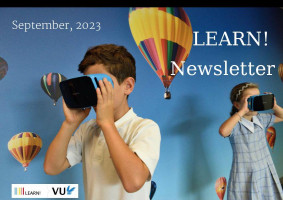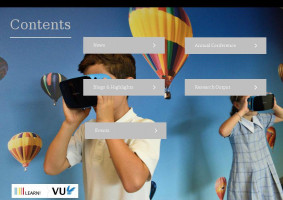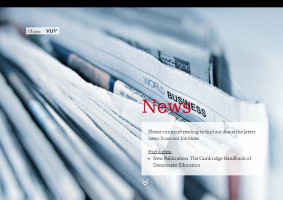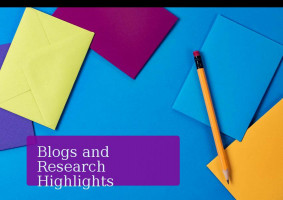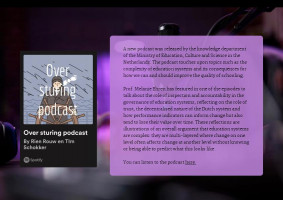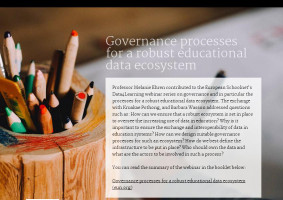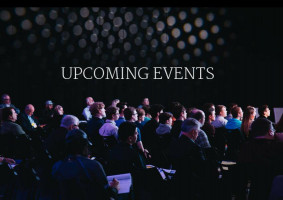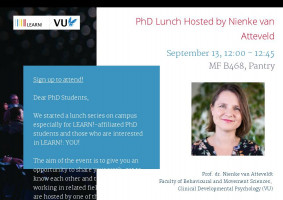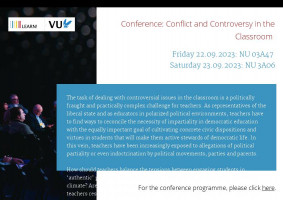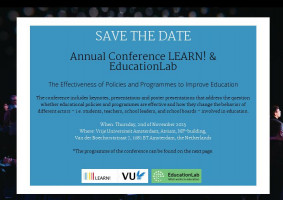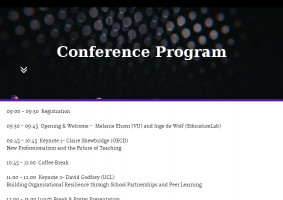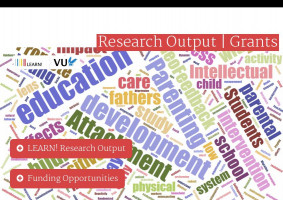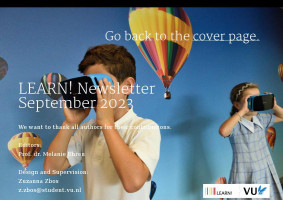The task of dealing with controversial issues in the classroom is a politically fraught and practically complex challenge for teachers. As representatives of the liberal state and as educators in polarized political environments, teachers have to find ways to reconcile the necessity of impartiality in democratic education with the equally important goal of cultivating concrete civic dispositions and virtues in students that will make them active stewards of democratic life. In this vein, teachers have been increasingly exposed to allegations of political partiality or even indoctrination by political movements, parties and parents.
How should teachers balance the tensions between engaging students in ‘authentic’ political controversies and creating a fair and inclusive classroom climate? Are they allowed to disclose their own political opinions? How should teachers respond to illiberal and anti-democratic statements in the classroom?
These and related questions will be discussed in the context of the conference “Conflict and Controversy in the Classroom”, which will take place at the VU from 22.09.23 to 23.09.23.
_w1684_h1200_1.jpg)
